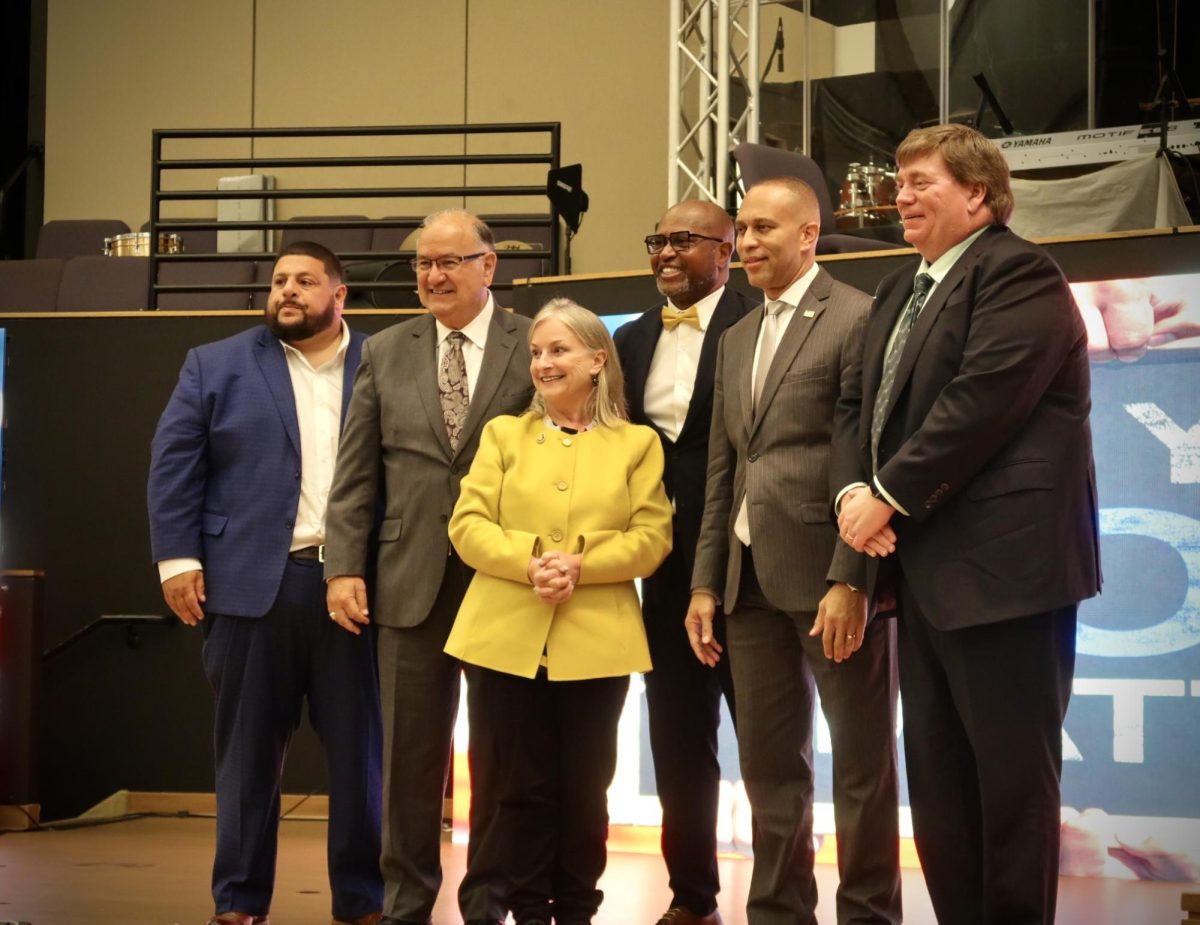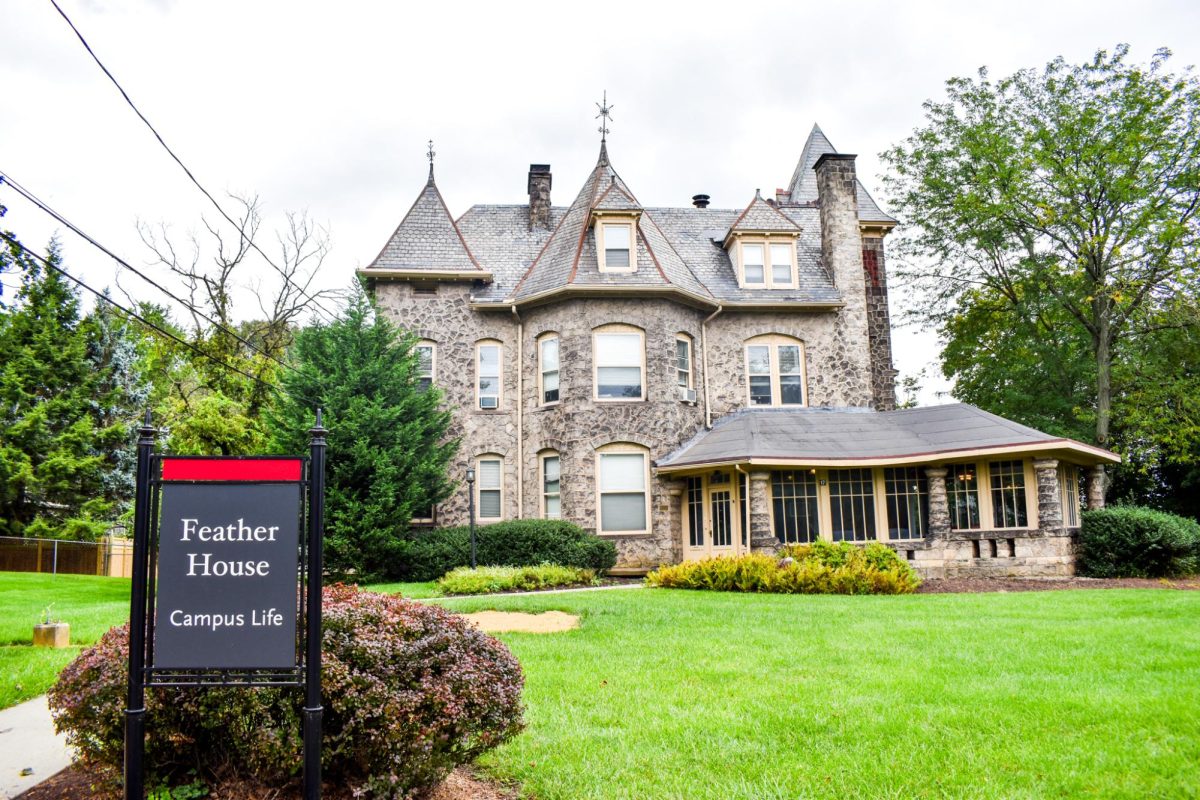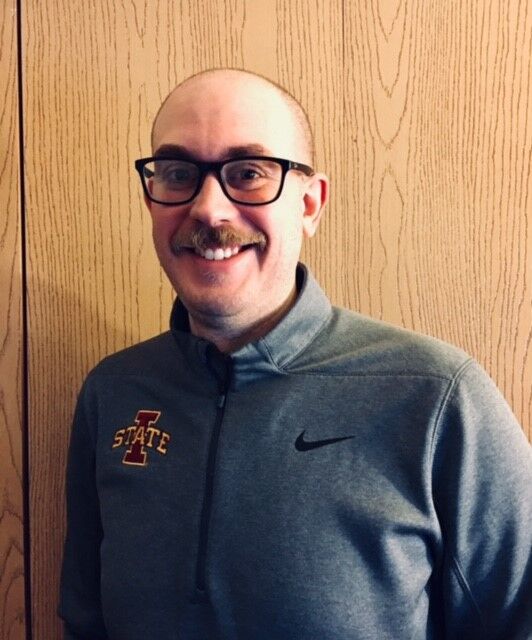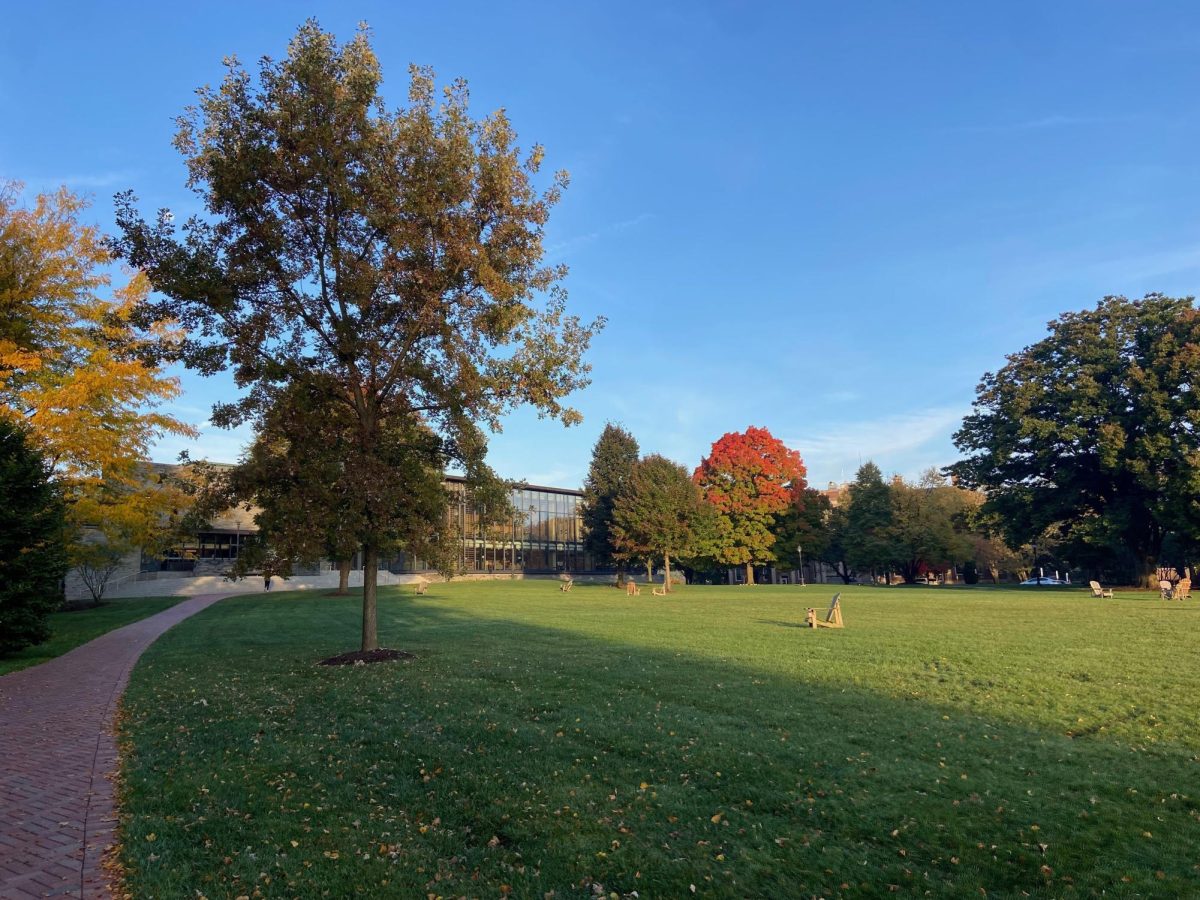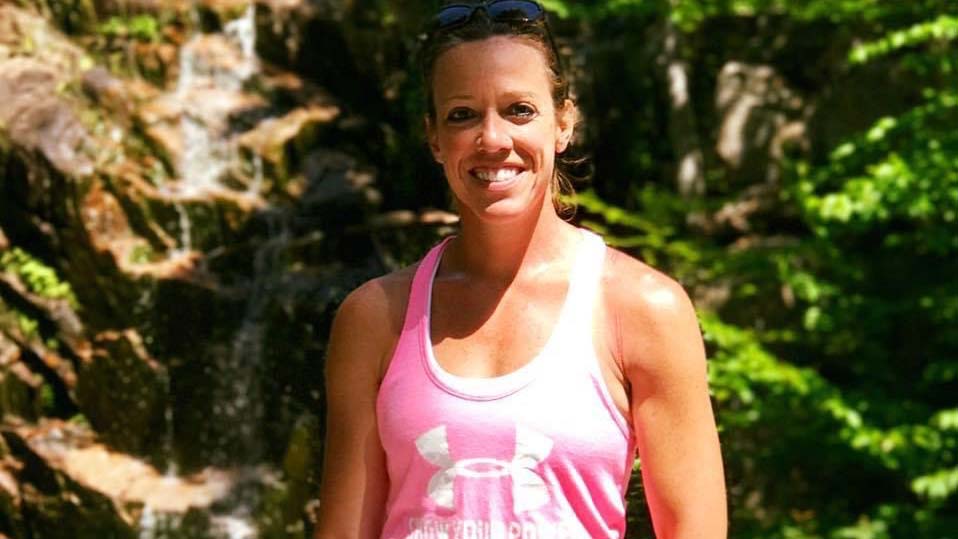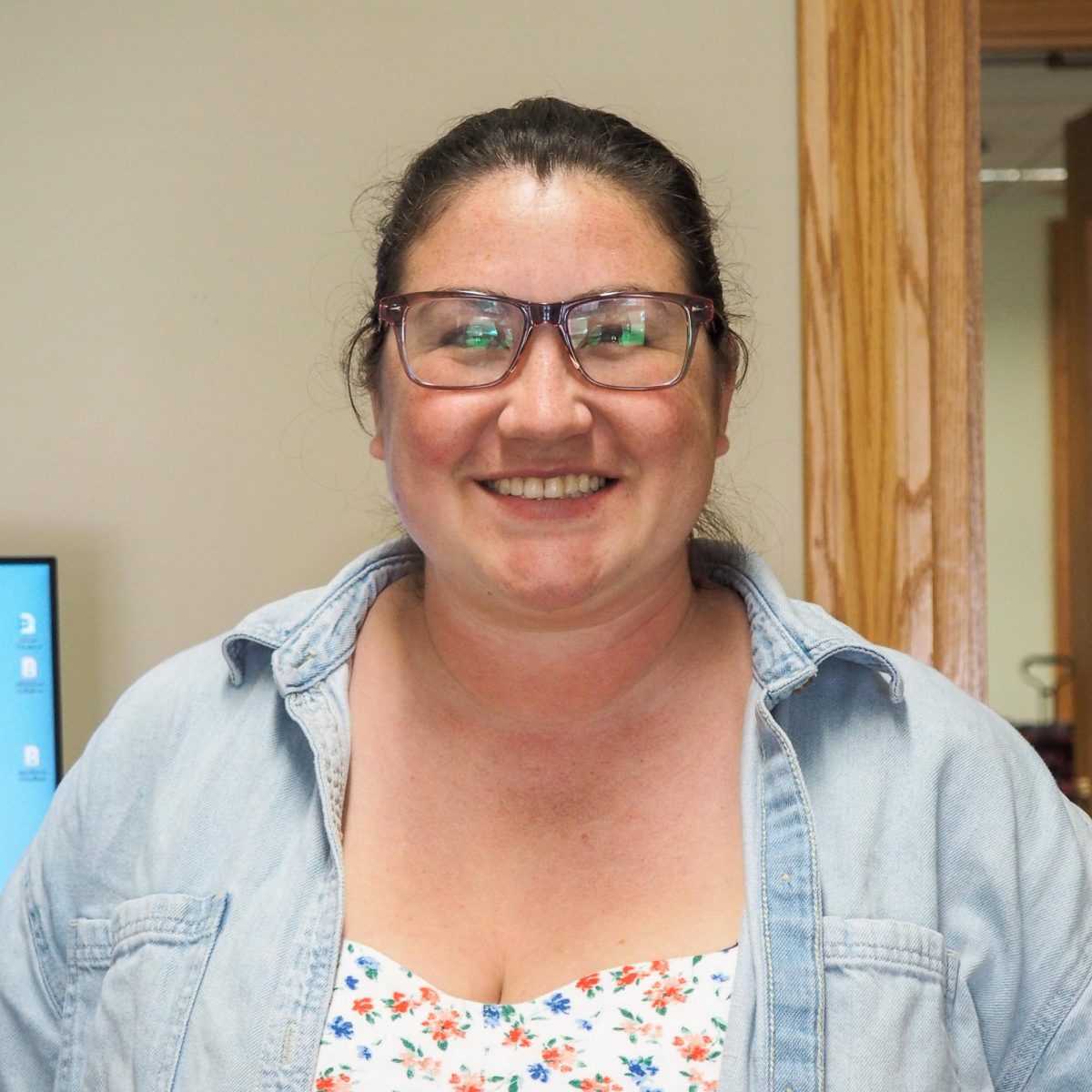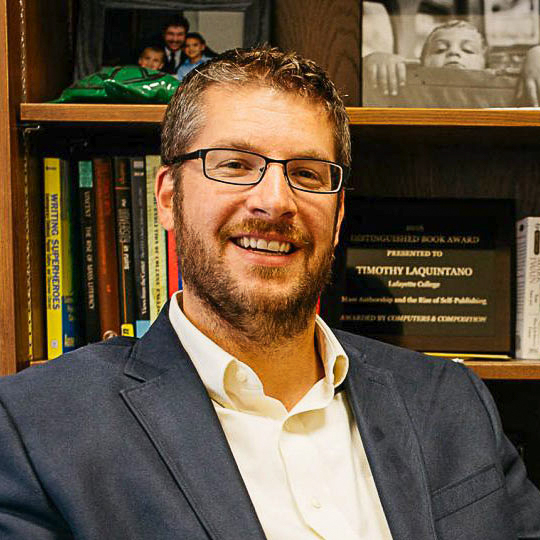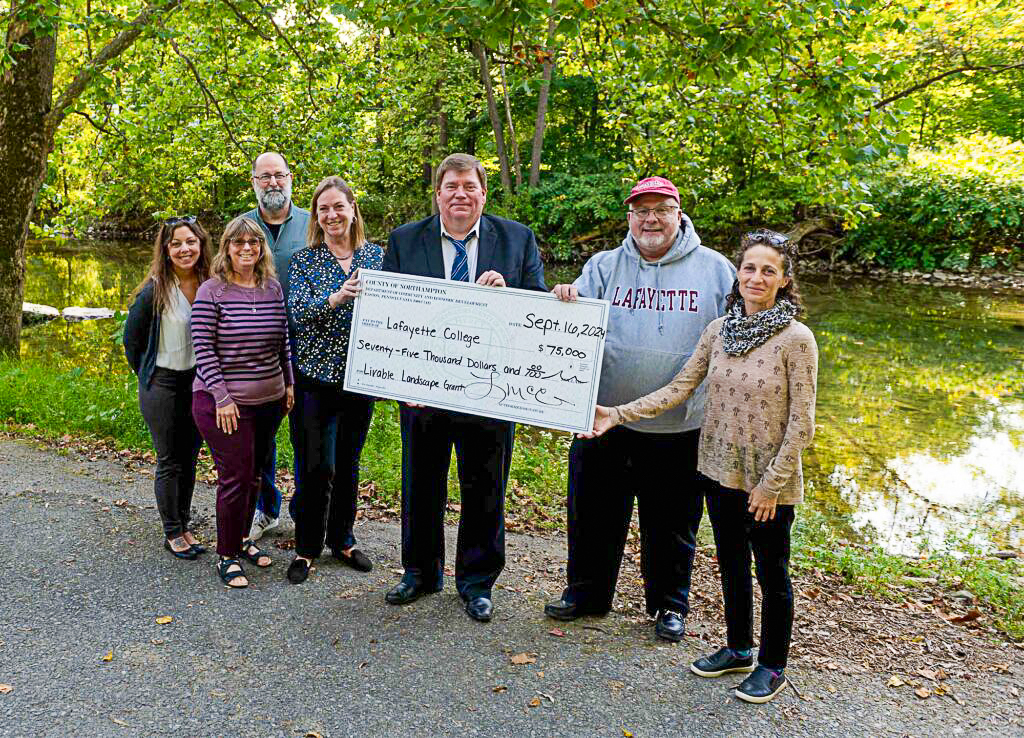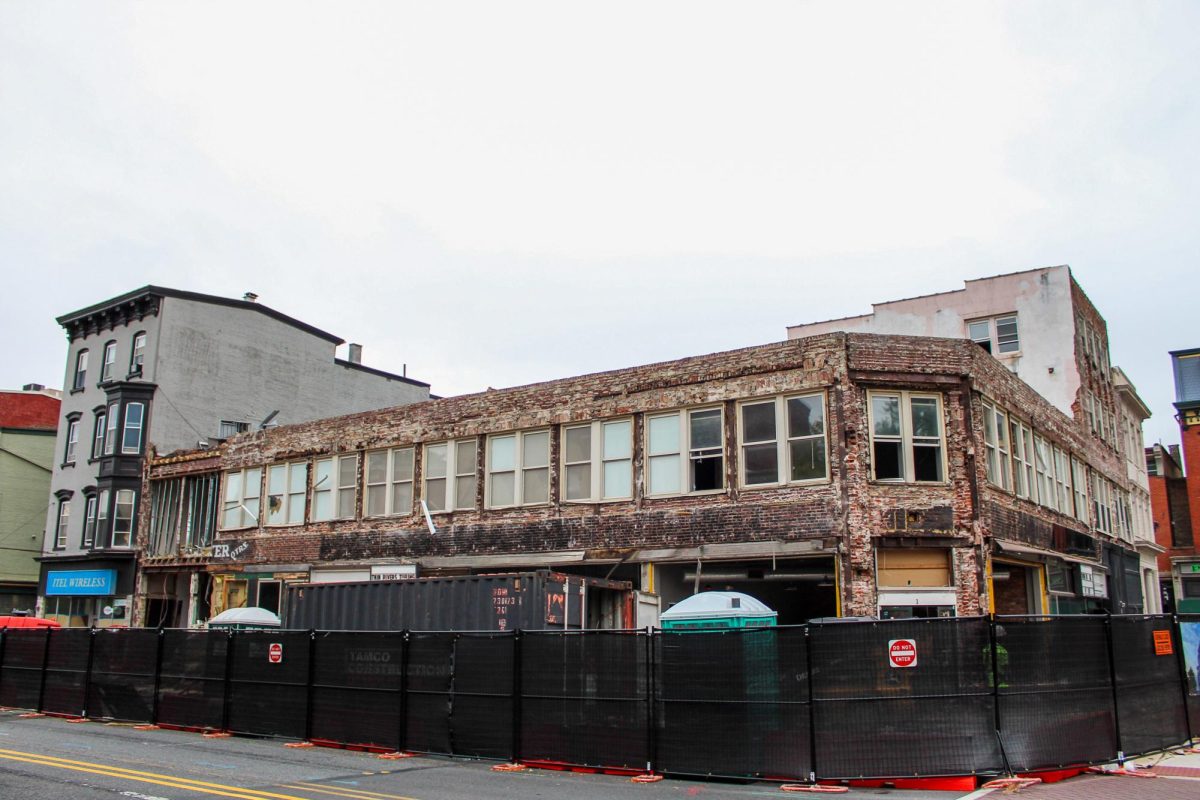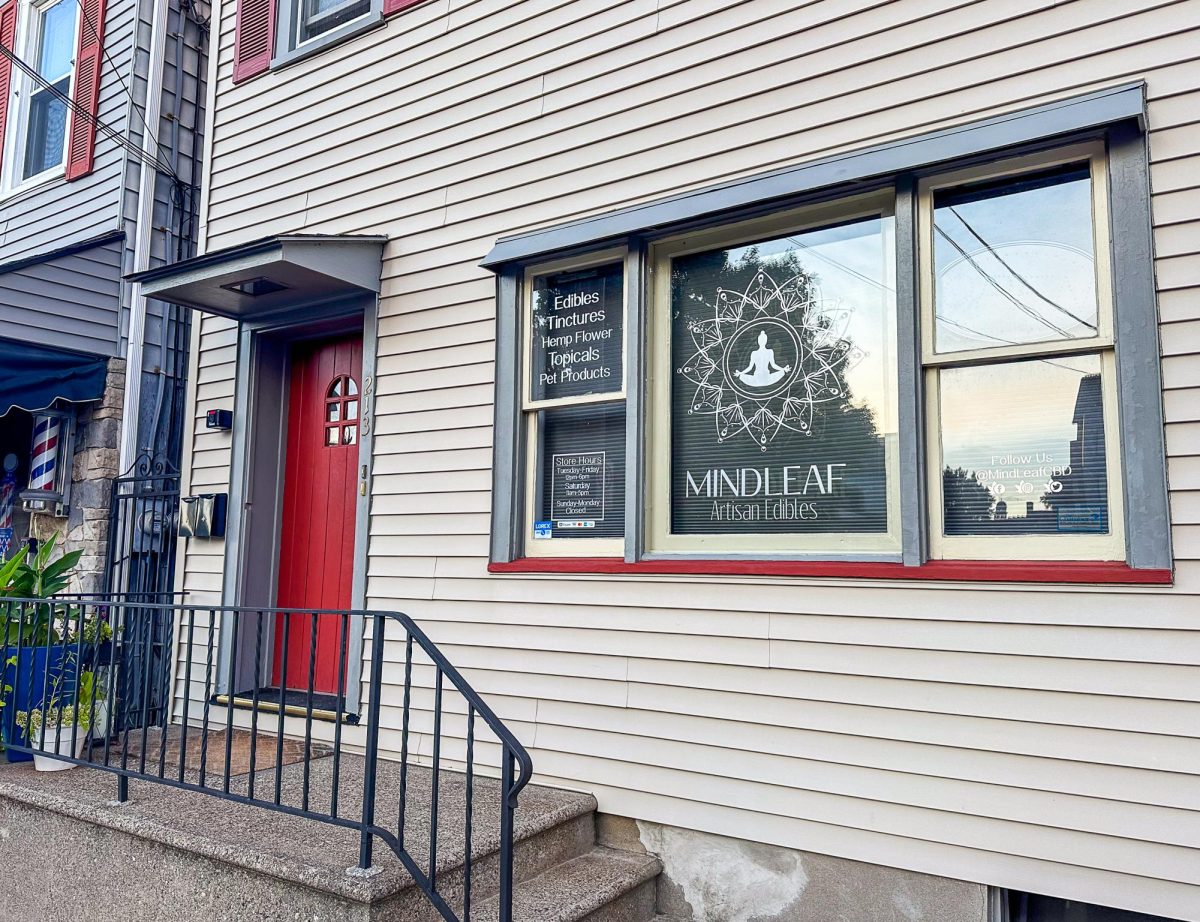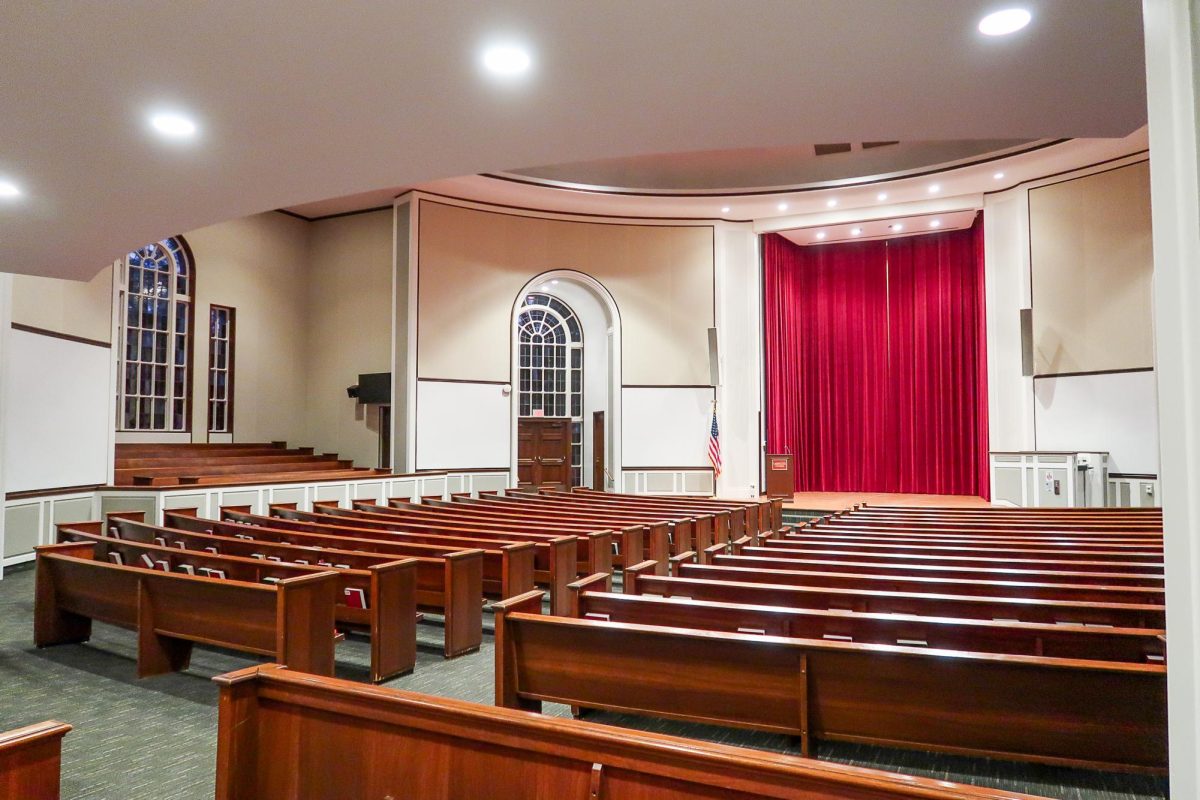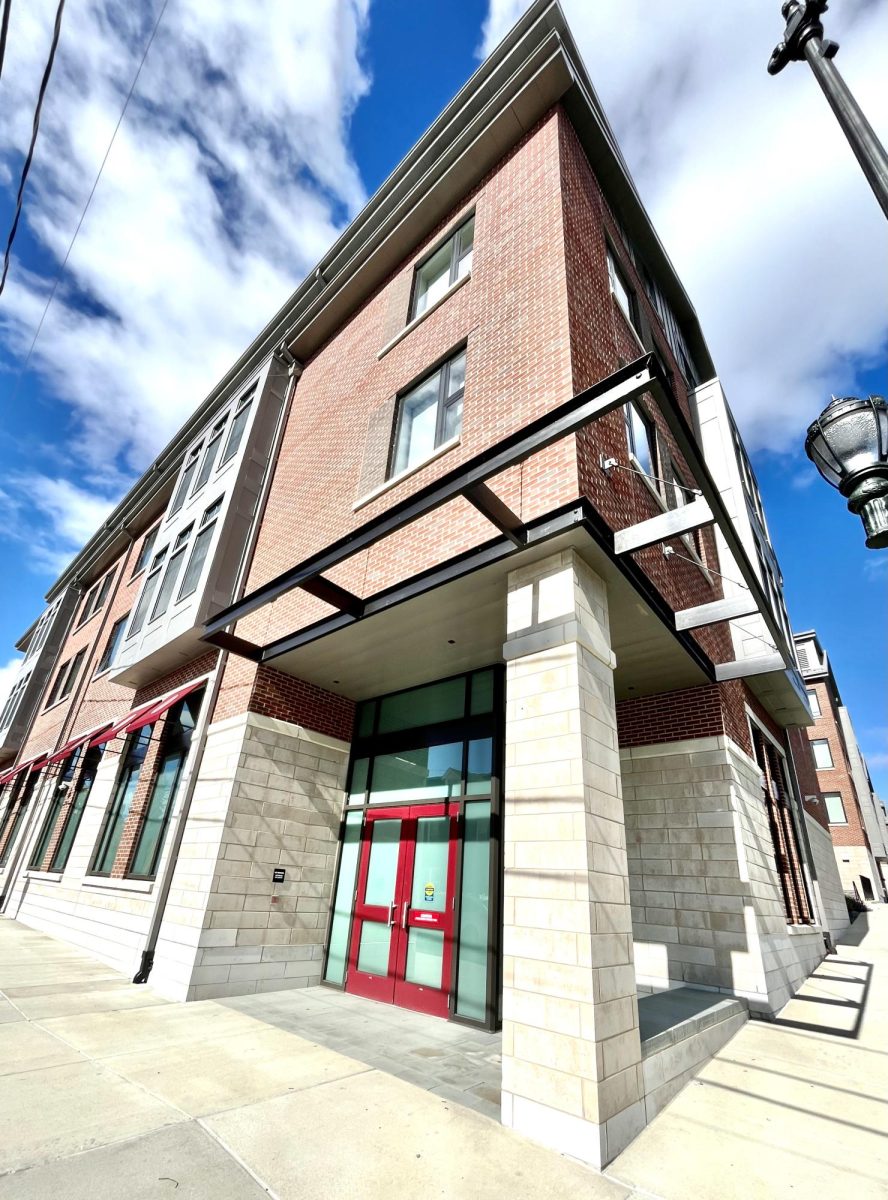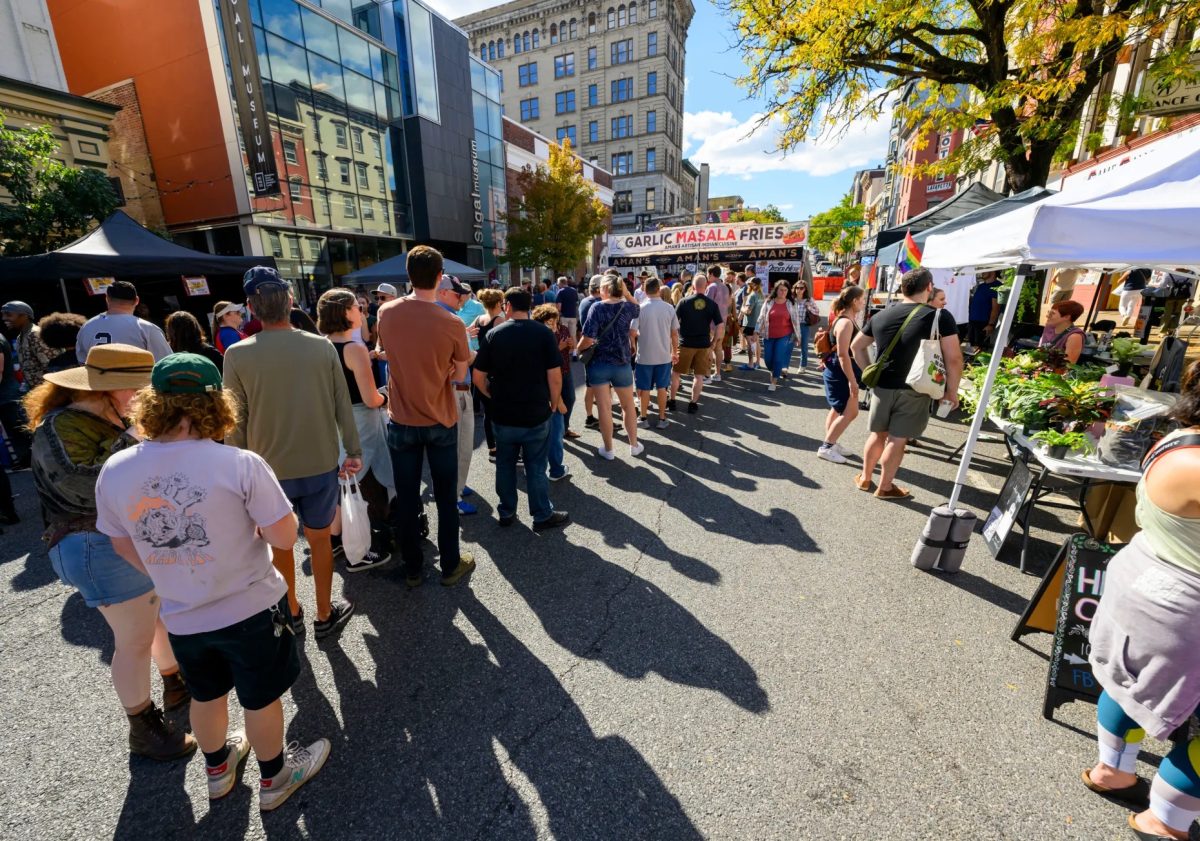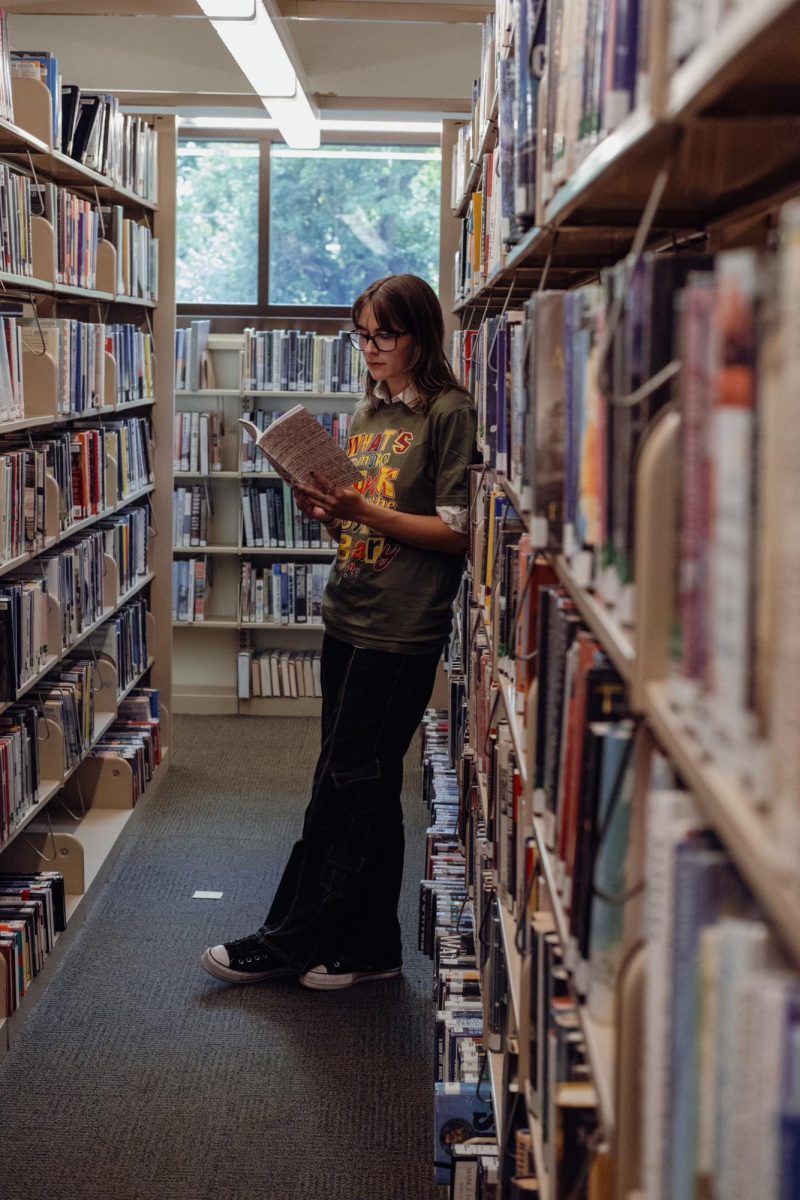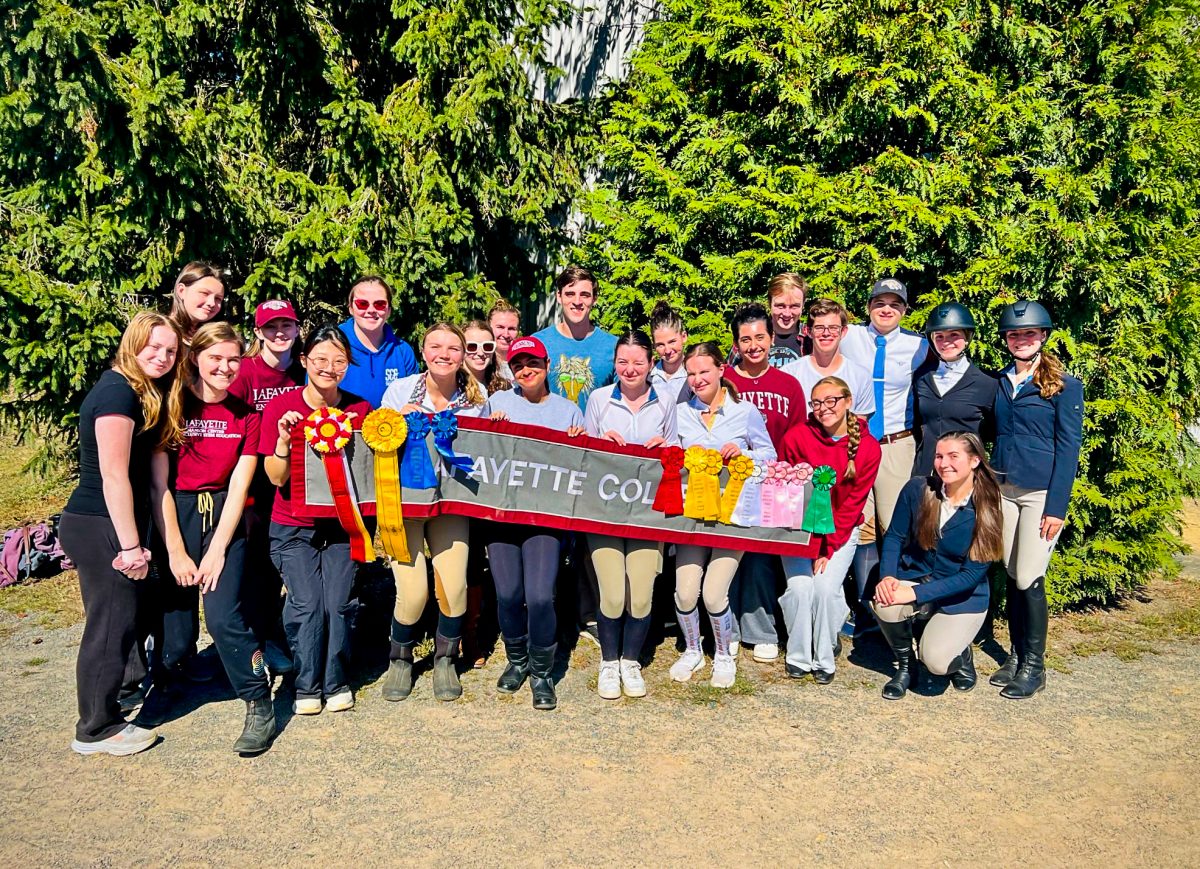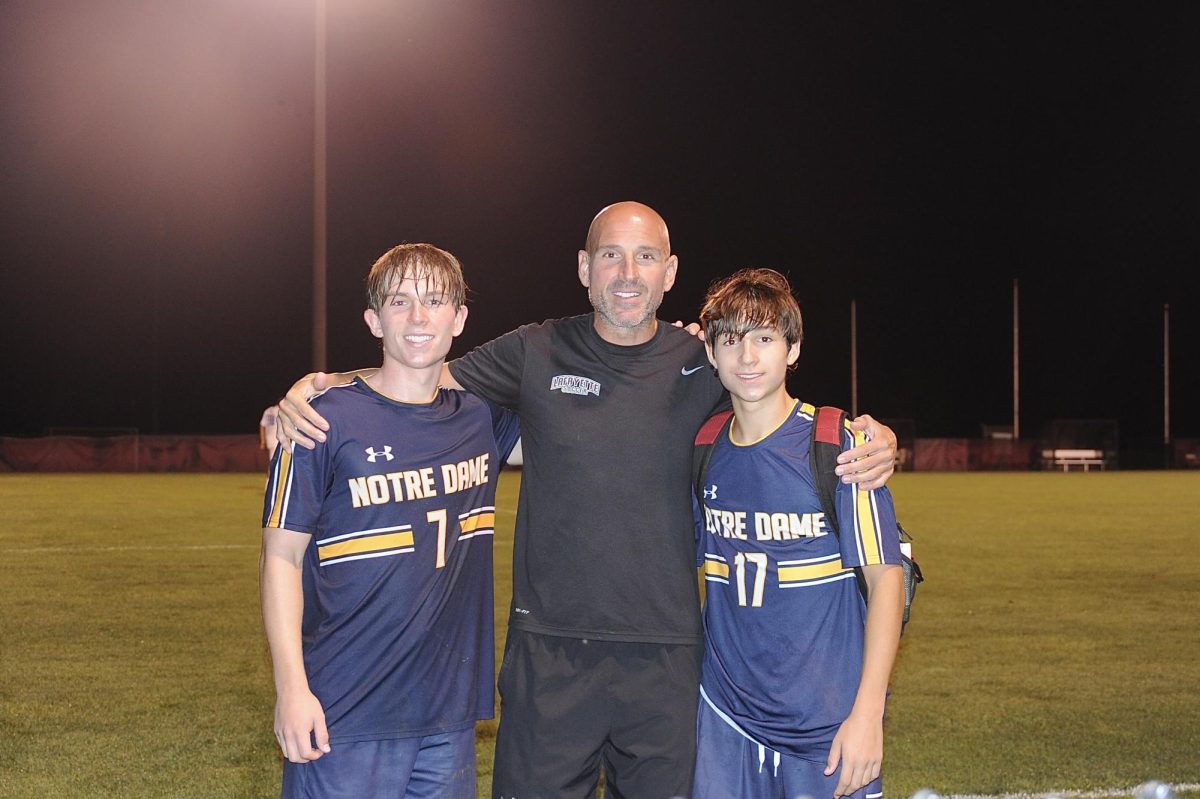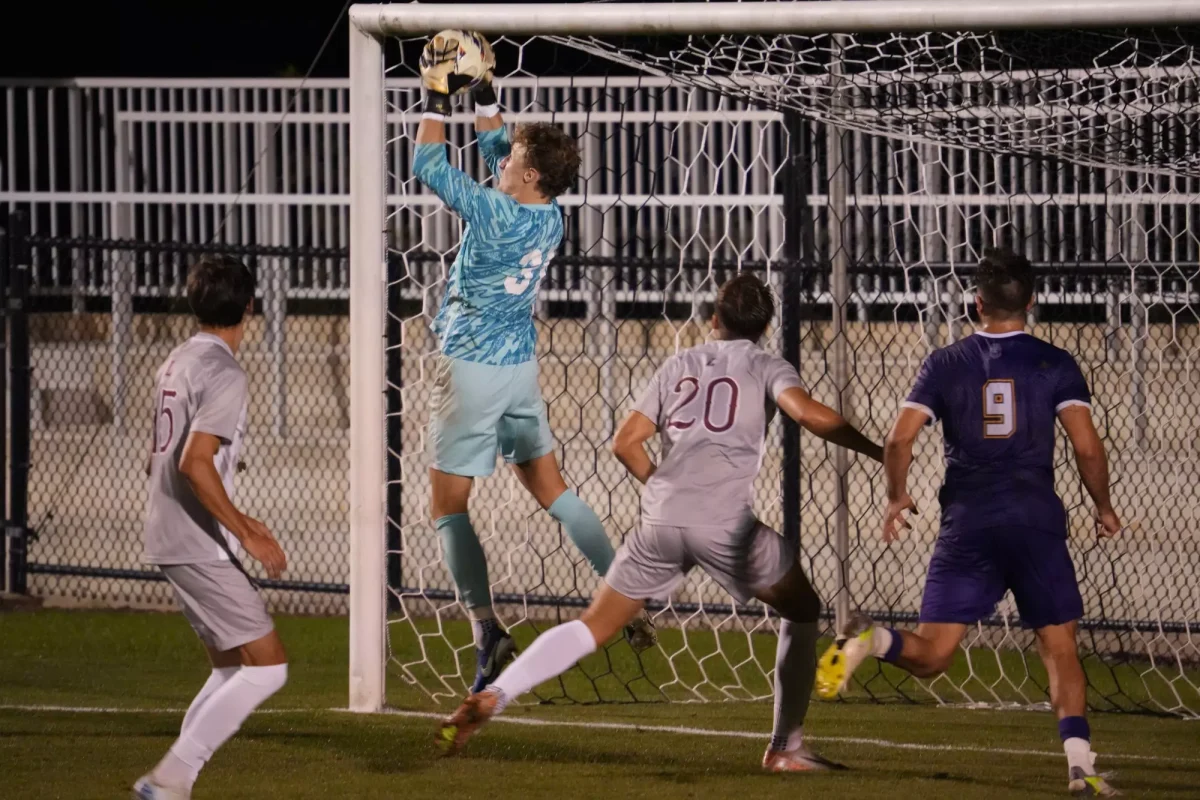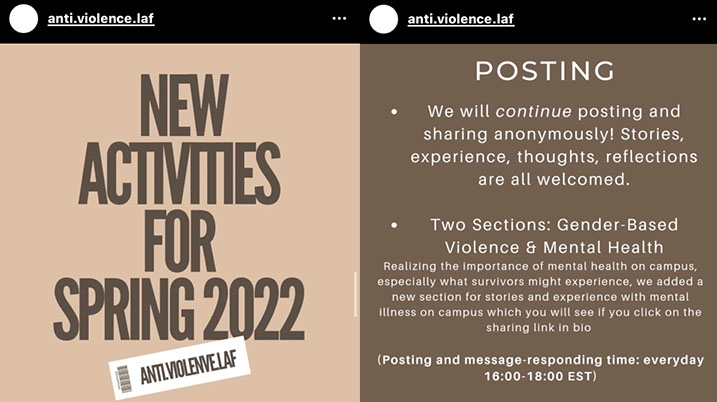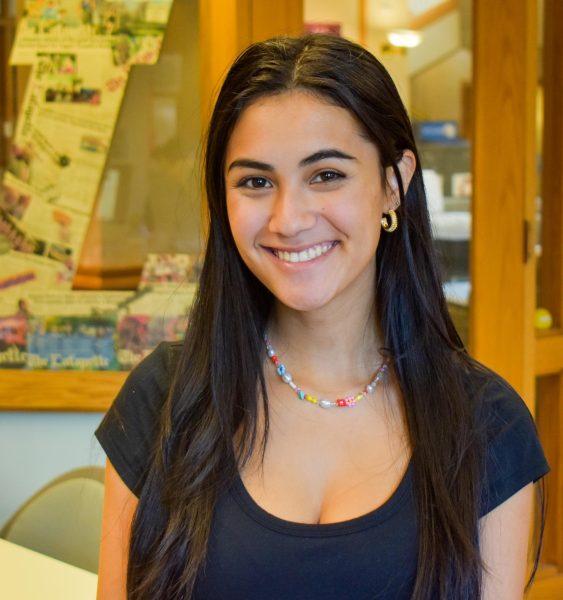@anti.violence.laf account resumes digital activism
Lucy Cai ’23 hopes to create more in-person opportunities for community building and solidarity creation in addition to the social media page. (Photo courtesy of @anti.violence.laf)
March 11, 2022
“I felt I had no idea who I was anymore and felt utterly alone and out of place at all times.” May 19, 2021.
On June 26, 2020, the Instagram account @anti.violence.laf shared its first ever story of a Lafayette student’s experience with sexual abuse. Ever since – excluding a minor break last semester – this account has shared over 400 anecdotes from current and former members of the Lafayette community, detailing personal experiences with gender-based violence and mental health struggles. Most of these stories are posted anonymously.
For Lucy Cai ’23, one of the account founders who has remained anonymous until now, this form of digital activism is crucial for the college in order to better spread awareness.
“I realized that there’s not a space on campus for students who have experienced like sexual violence or discrimination,” Cai said.
“We deserve an equal space to talk about gender-based violence and all related issues,” she continued. “So I founded this page just to see…if there’s a lot of students who want to talk about their experience.”
Nine out of every 10 sexual assault cases in college go unreported, according to the Pennsylvania Coalition Against Rape. In order to address issues such as this, Cai, alongside two alumni, created this account as a way for students to anonymously share their stories and seek comfort in the knowledge that they are not alone.
Women’s, Gender and Sexuality Studies Professor Dana Cuomo highlighted the safety and community that can be felt in online platforms such as this.
“The anti violence account at Lafayette…gives survivors a space to name and share those experiences in a way that feels safe,” Cuomo wrote in an email.
“The account helps survivors and the wider Lafayette community see that these are not individual one-off problems or experiences, but rather how the stories are connected to larger structural oppressions that impact many people,” Cuomo wrote.
Cai emphasized the importance of digital activism in modern times, saying that the benefits an online platform provides, especially on a campus as small as Lafayette’s, are large. The 2017 #MeToo movement became popular on Twitter in order to spread awareness about sexual assault. From its quick and expansive reach to the anonymity that it allows, social media as a form of activism can let people have access to information they never would have before.
“The benefits I’ve been seeing from this account that covers sexual assault specifically mean that you don’t really need to share your identity or anything like you don’t feel comfortable sharing,” Cai said. “It can reach an audience that I never thought of, like alums from maybe 20 years ago or parents of incoming students.”
However, Cai also acknowledged the possible disadvantages of digital activism, saying that verification of stories is near impossible and performative activism becomes much more normalized.
“What I’ve been doing to address this problem is that we will post stories from different sides… as much as possible so that we can try to have a full picture, present the full picture to the audience,” she said.
Cai added that the power and possibilities that digital activism allows for is unmatched, as it allows everybody to get involved in small ways. Cai noted that these small actions can have just as much of an impact on changing the culture of the campus as large scale movements.
“I feel like even if it’s just you reading the stories closely and then you sharing the stories to your friends or calling out an inappropriate joke somebody made, these small changes are actually super important, and they’re equally important as organizing a big protest,” Cai said. “So I feel like the most powerful thing about digital activism is that it enacts all those like small daily changes.”
Another important part of her work is the ability for digital activism to achieve real world, tangible change. One of the biggest examples of this is the creation of a sexual assault prevention program based on research that Cuomo and others conducted on the stories posted on the account.
“The whole goal of our project was to create a sexual assault prevention program for the first-year students for orientation, which did happen and we ran it this year and it was really, really successful,” Libby Mayer ‘22, vice president of Pards Against Sexual Assault (PASA) who worked with Cuomo on this research, said.
Together with Cuomo, four students including Mayer analyzed all posts on the @anti.violence.laf account in order to find central themes and problems specifically impacting the Lafayette community. With this information, they were able to create a program for incoming students that was tailored to issues that were more prevalent on campus.
“A pattern that emerged from the stories shared on Instagram is the prevalence of harm that occurs within the first 6-8 weeks of first year students’ arrival on campus as the transition to college and everything that comes along with that transition…increases vulnerability for experiencing harm,” Cuomo wrote. “We built this information into the prevention program…to raise awareness about this particular time period for first year students.”
According to Mayer, the program got positive reviews from the students who went through it, and because it was peer-led by PASA and One Love, the first years felt much more comfortable having open conversations. Cai said that this type of research was exactly the sort of tangible change she hoped her account would bring about.
“I was really happy because they’re using this information to do something really meaningful and to design some meaningful programs to help change everything that is mentioned in the account,” Cai said.
Mayer also noted that besides this account’s crucial role in forming the orientation program–which she said is set to continue for years to come–it also serves as a way to open up students to different viewpoints.
“Having this account is a way to open up your perspective to other people’s experiences that might not be your own,” Mayer said. “Or if you can relate, it can help make you feel like you have a community of people who understand what you’re going through.”
Looking forward, Cai said that she hopes to create more in-person opportunities for community building and solidarity creation in terms of sexual assault within the college.
“I want to move more to offline activities, like holding community discussions with other organizations or organizing group therapy with the other campuses around us to create real changes that can help all students,” Cai said.

